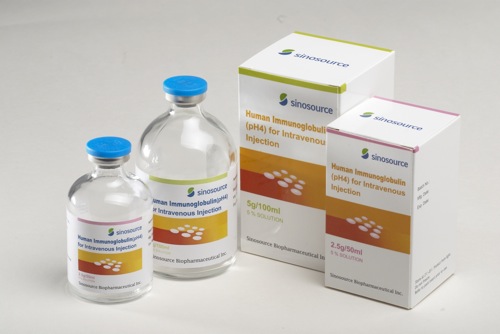England’s National Health Service releases evidence review on Intravenous Immunoglobulin for AE
April 5, 2016

The National Health Service of England published the following review of IVIg for treatment of autoimmune encephalitis. The report was released in January 2016.
“Evidence Review: Intravenous immunoglobulin for autoimmune encephalitis”
Autoimmune encephalitis (AIE) is used to describe a group of disorders characterised by symptoms of limbic and extra-limbic dysfunction occurring in association with antibodies against synaptic antigens and proteins localised on the neuronal cell surface. These autoimmune conditions include, but are not limited to, VGKC-complex antibody associated encephalitis, NMDA-receptor antibody associated encephalitis, GAD antibody associated encephalitis, MOG antibody disease and Hashimoto’s encephalitis. AIE symptoms include amnesia, seizures, psychosis, abnormal movements, autonomic dysregulation, hemiplegia, visual loss and coma. Human immunoglobulin is a sterile preparation of concentrated immunoglobulins recovered from pooled human plasma or serum obtained from outside the UK, tested and found non-reactive for hepatitis B surface antigen and for antibodies against hepatitis C virus and human immunodeficiency virus (types 1 and 2). Intravenous immunoglobulin (IVIg) is proposed as a treatment option for the above indications where the condition is unresponsive to first line treatments such as steroid therapy or plasma exchange (PLEX), or first line treatments are contra-indicated.
Click here to read the full report.
About NHS
The National Health Service (NHS) is the publicly funded national healthcare system in the United Kingdom. The organization, funded primarily by taxation, provides free or low-cost healthcare to all legal residents of the U.K. Medications are subsidized as well and prescriptions may be free when situations warrant. Specific policies vary among England, Scotland, Wales and Northern Ireland. The U.K. Department of Health oversees the NHS. Read more about NHS here.